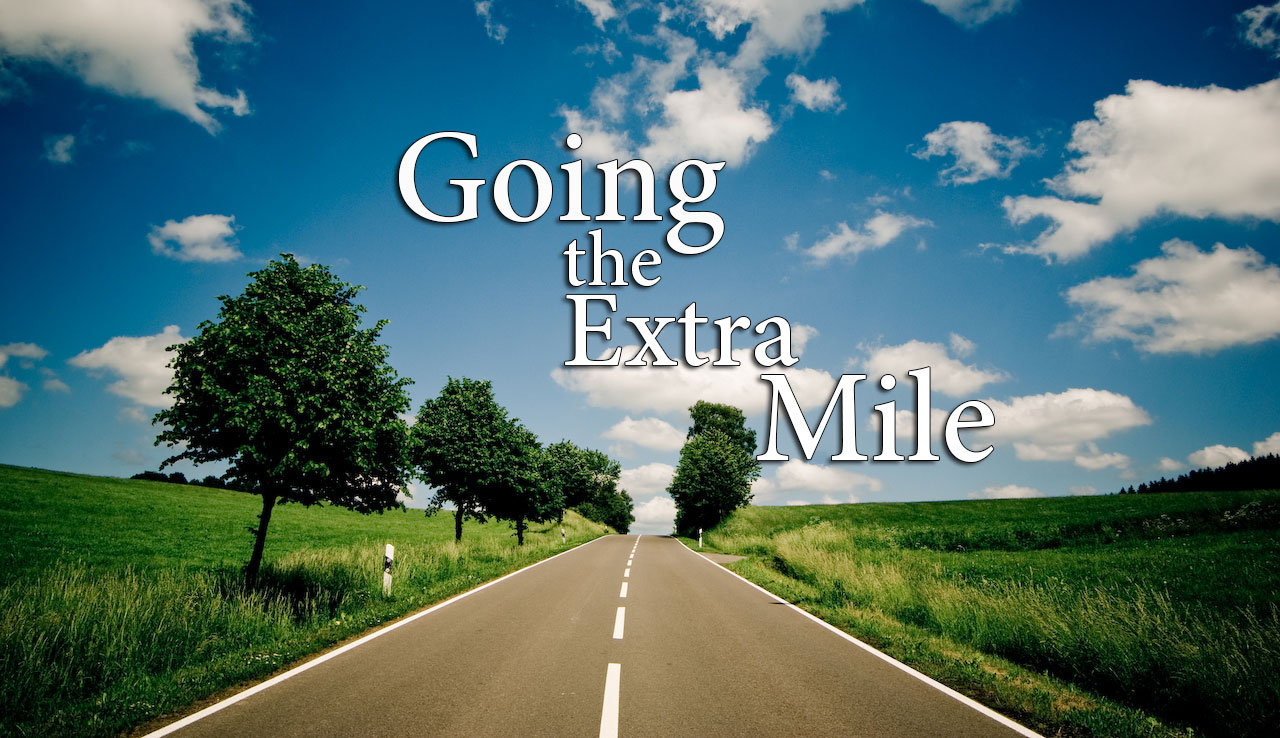Your company is bidding for a significant contract and your solution is superior to the competitors’, you have a better track record, more competitive pricing, better geographic coverage, etc? Yet you still lose the deal! If you’ve worked in sales for any length of time this has bound to have happened to you – it certainly has to me.
You might claim that it was a stitch up, that your competitor has dropped their pants on price or that they must have plain lied and cheated to get the deal. These things may be true but it may also be the case that they just did a far better sales job.
‘How’ a business sells is just as important as ‘what’ it sells. This is what I mean when I talk about ‘sales as a competitive differentiator’ – it can be the only difference between a business winning a new contract or customer and being an also-ran.
From a sales perspective winning a (complex) deal requires a multitude of things to be in place – you need to have understood the customer’s needs (explicit and underlying), you need to have developed the right relationships across the customer organisation, you need to have understood the political and competitive environment, established credibility, have the right team and have a compelling value proposition, amongst many other things.
This article is not about these technical aspects of the sales pursuit, instead I wanted to focus on what else great sales organisations and great sales people do – how they go the extra mile to win the deal.
One of the key things that they do is that they act in a manner that shows that they really want the work. They do the things that competitors don’t, they show more interest and take more care.
Here are some examples of ways in which your business can go the extra mile to secure that next big deal:
- You develop a customer specific extranet and invite all the relevant customer contacts to engage with it. It could cover every aspect of the deal; from videos introducing members of your team, to case studies, your transition plan, your value proposition etc. The key thing though is that it needs to be specific to the customer. Generic just won’t cut it.
- Your CEO meets with the customer’s CEO to convey your company’s commitment to the relationship.
- You build relationships from top to bottom across both organisations. Your senior management team meet with their peers in the customer organisation to build relationships, your technical team meet with theirs, etc.
- You develop a deep interest in their business and become knowledgeable enough for them to value you as consultants.
- You make frequent value added contact with the customer – sharing articles, news or other information that would be helpful to them.
- You take time to understand your customer’s customers – developing insight into their needs and buying habits, enabling you to talk intelligently to your customer about their customers’ needs and wants.
- When you identify potential opportunities, you proactively discuss them with your customer. You take the initiative to question them about their needs and to understand their objectives and the barriers to achieving those objectives.
- You send thank you notes after meetings and outline agreed actions and timescales.
- You make valuable connections for the customer. You introduce them to other people that can add value to their business.
- You stick to promises – no exceptions.
- You return calls promptly.
- You hand deliver proposals and documents.
- You read and comment on their annual reports and any news articles about them.
I appreciate that this level of effort, and therefore the associated cost of sale, is not going to be appropriate for every business nor every deal. But where the opportunity value is significant or the customer/prospect is of strategic importance to your business isn’t it worth the extra time and effort to demonstrate just how much you want their business?
What has your business done to go the extra mile in the sales process to secure a key deal? We’d be delighted to hear about your successes.

